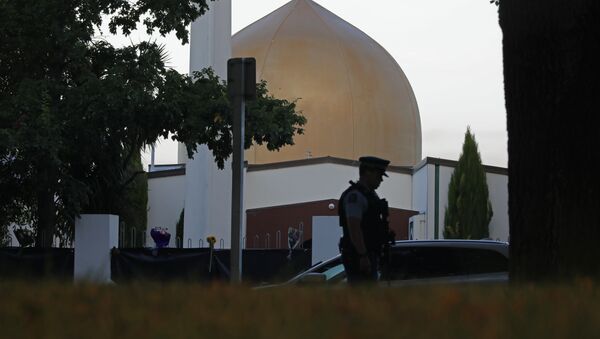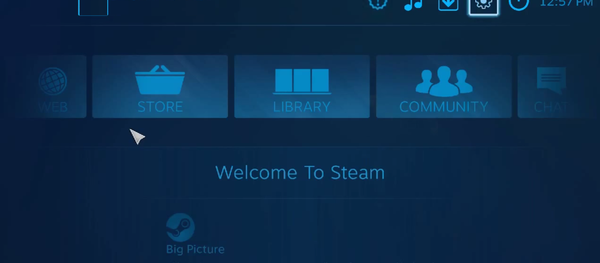Sputnik: Islamic extremism is a well-known term, are we witnessing the emergence of anti-Islamic extremism? How dangerous is this phenomenon?
Douglas Pratt: Yes, I think we are. Because this particular right-wing extremist, identified as a white supremacist, it was certainly part of his platform is clearly targeting Muslims and this kind of behaviour has been analysed as "reactive co-radicalisation"; that is Islamic extremism itself is perceived as a threat has been generalised to all Muslims, and then on that basis a reactionary extremism is enacted in this case the attack on these two mosques.
READ MORE: Christchurch Attack Has Been a Very Rude Awakening For New Zealand' — Prof
Sputnik: New Zealand's Prime Minister Jacinda Ardern said that her country was targeted because of its diversity. The notion of diversity is said to be among many things the attacker focuses on in his long manifesto. He believes the more diverse group becomes the less equal it remains. In your view what is the main reason for this intolerance towards a diverse society?
And so, therefore, the notion that you have a diverse mixture of cultures and ethnicities is perceived as being a dilution of any kind of racial purity. Now that, of course, is the hardline view of white extremists and that partly drives their agenda, and their ideology, but in this case, and in other cases too, what we're seeing is that ideological agenda is focused actually on one particular group, namely Muslims.
READ MORE: Christchurch Attacker May Have Had Support — New Zealand Police
It doesn't, for example, in this country there are many Catholic Filipinos, for instance, there are many Indians of different religions that celebrate Diwali, there are many opportunities for an extremist to actually target ethnic diversity, but he didn't, he targeted religious diversity, and that's what happens when religious diversity is expressed through one religion, namely Islam, not other religions. So although the rhetoric talks about anti-diversity vis-a-vis white supremacy the actions belie another agenda which is tied in with it, which is actually Islamophobic, and that's the one that's being manifest.
Sputnik: Professor, what's your take on the statement made by an Australian senator who blamed the attack on "a huge wave of radicalised Muslims in New Zealand", is there any truth to that? And how much immigration has there been in New Zealand?
There's virtually no evidence at all of anything significant in that respect. The interesting thing about the Australian one that reflects a very hard line supremacist and anti-Islamic ideology that is Australian-driven. It's very much part of the Australian culture, it is expressed in Australian politics. There are actual political parties that adopted it as their platform and, of course, the perpetrator of this crime in New Zealand is an Australian.
READ MORE: New Zealand Company Under Fire Over 'Symbolic' Link to Mosque Shooter — Report
Sputnik: Professor, for such a peaceful country like New Zealand Friday's attack has certainly become the point of no return in many ways, in your view what lessons should be learned primarily after the Christchurch tragedy?
So I think the first thing is to recognise that actually while we had our gaze focused on the possibilities that exist elsewhere, we've been overlooking in our own backyard, and I've been aware of this for well over a decade, multiple expressions of Islamophobia and anti-Islamic sentiment in particular; not so much white supremacy, there's a little bit of that in the country. It's particularly focused in the region where this took place, unfortunately, but there's been quite widespread in some quarters, some Christian quarters as well as some others, of antipathy towards Islam and that is an echo of sentiments that are expressed overseas by and large.
The views and opinions expressed by the speaker do not necessarily reflect those of Sputnik.





